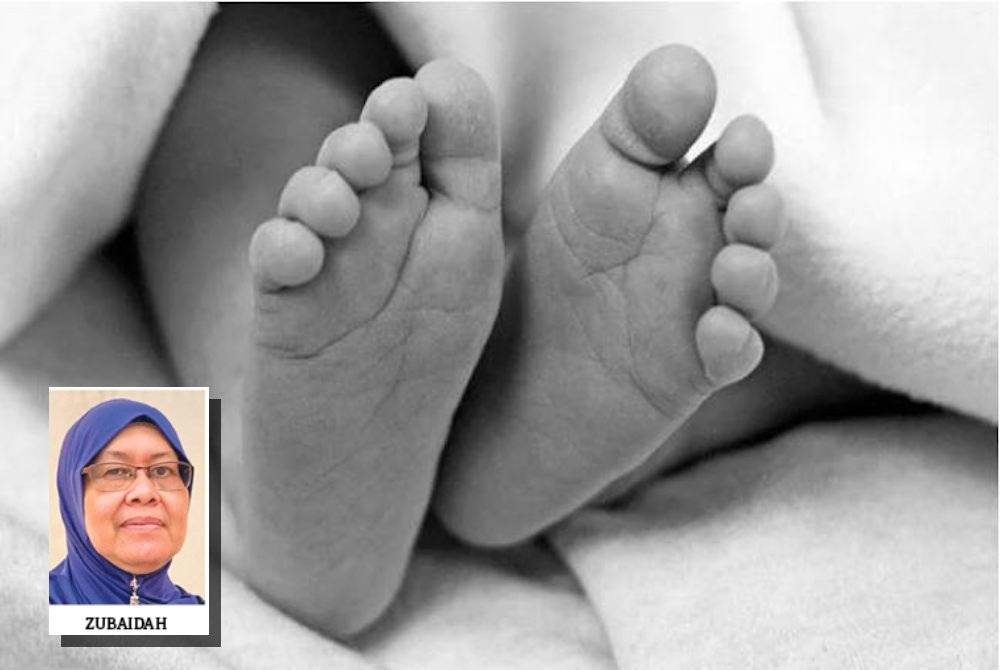Failure to comply with caregiver-to-child ratios contributes to abuse of infants, children
Regulations stipulate a caregiver-to-child ratio of 1:3, meaning one caregiver for every three children under one year old, 1:5 for children aged one to three years, and 1:10 for children aged three to four years.

KUANTAN - The failure of daycare operators to comply with the caregiver-to-child ratio set under the 2012 Child Care Centre Regulations can be a cause of abuse towards infants and children in daycares.
Ar Raudah Daycare operator Zubaidah Husin said that this situation puts pressure on daycare staff because they have to manage more children, which creates opportunities for unwanted incidents to occur.
She said that the regulations stipulated a caregiver-to-child ratio of 1:3, meaning one caregiver for every three children under one year old, 1:5 for children aged one to three years, and 1:10 for children aged three to four years.
"We must comply with this ratio, but unregistered daycares are likely to ignore the ratio, leading to negligence.
“So, I assume caregivers are taking care of more than three babies, maybe four, five or six. We don't know for sure, but it is claimed to happen at daycares, causing caregivers to experience stress,” she said on Sunday.
Based on her 21 years of experience in the childcare industry, Zubaidah explained that excessive workload could lead to stress among caregivers, which might result in negative outcomes.
"Sometimes, caregivers get stressed due to their workload, issues with co-workers, or personal problems. As a result, they may unknowingly take out their stress on the children.
"This behaviour is unacceptable. If I detect any caregiver under stress, they will be dismissed. We don't want incidents like death or police cases happening at my daycare,” she said.
Zubaidah also said that both daycare management and parents needed to share responsibilities in ensuring the safety of children.
She stressed that caregivers should be assigned tasks based on their appropriate capacity by their employers. Still, parents are encouraged to send their children to registered daycares that adhere to the regulations.
“We can’t just blame one party because it involves three parties – caregivers, operators, and parents. In this context, parents shouldn’t only look at low fees but must ensure that the daycare they choose is registered and complies with the regulations.
“Typically, daycares offering low fees may not be paying their caregivers enough or failing to comply with the required caregiver ratio,” she added.
She also noted that unregistered daycares are not subject to monitoring, allowing operators to run their operations without oversight.
“Who monitors unregistered daycares? They can do whatever they want. This endangers the safety of the children,” she stressed.









